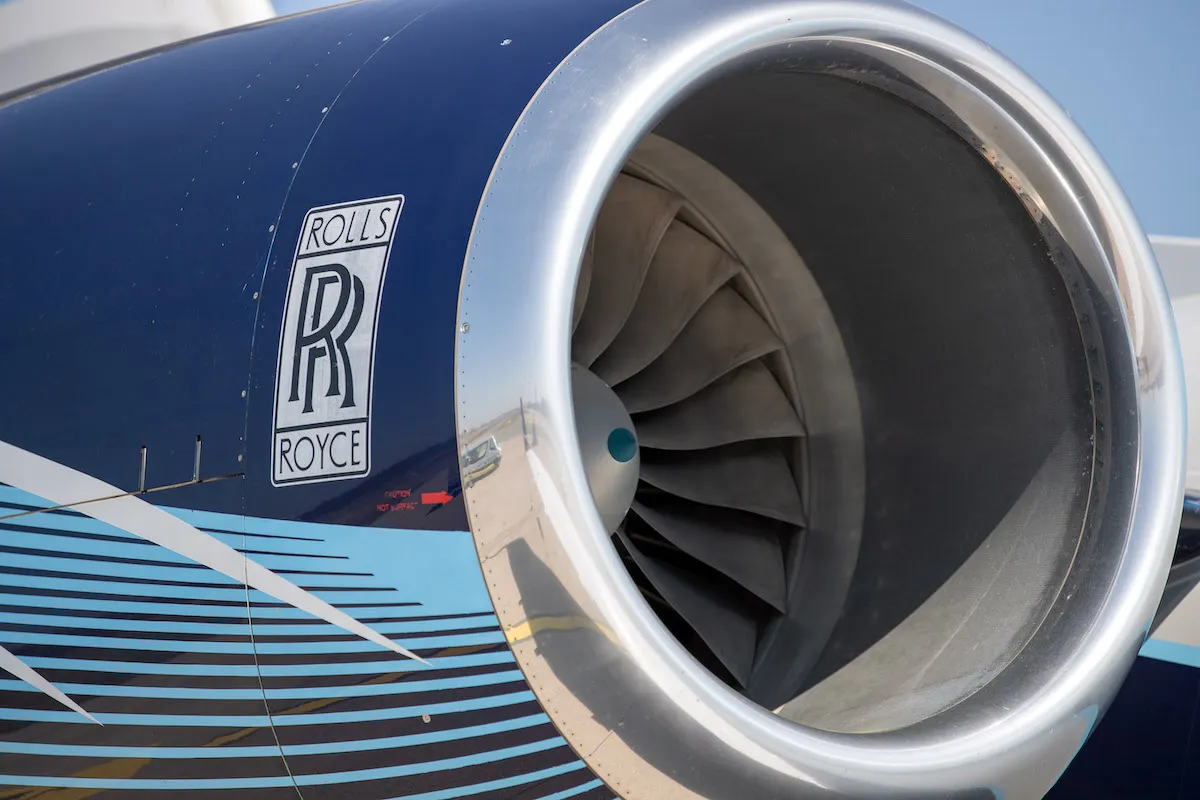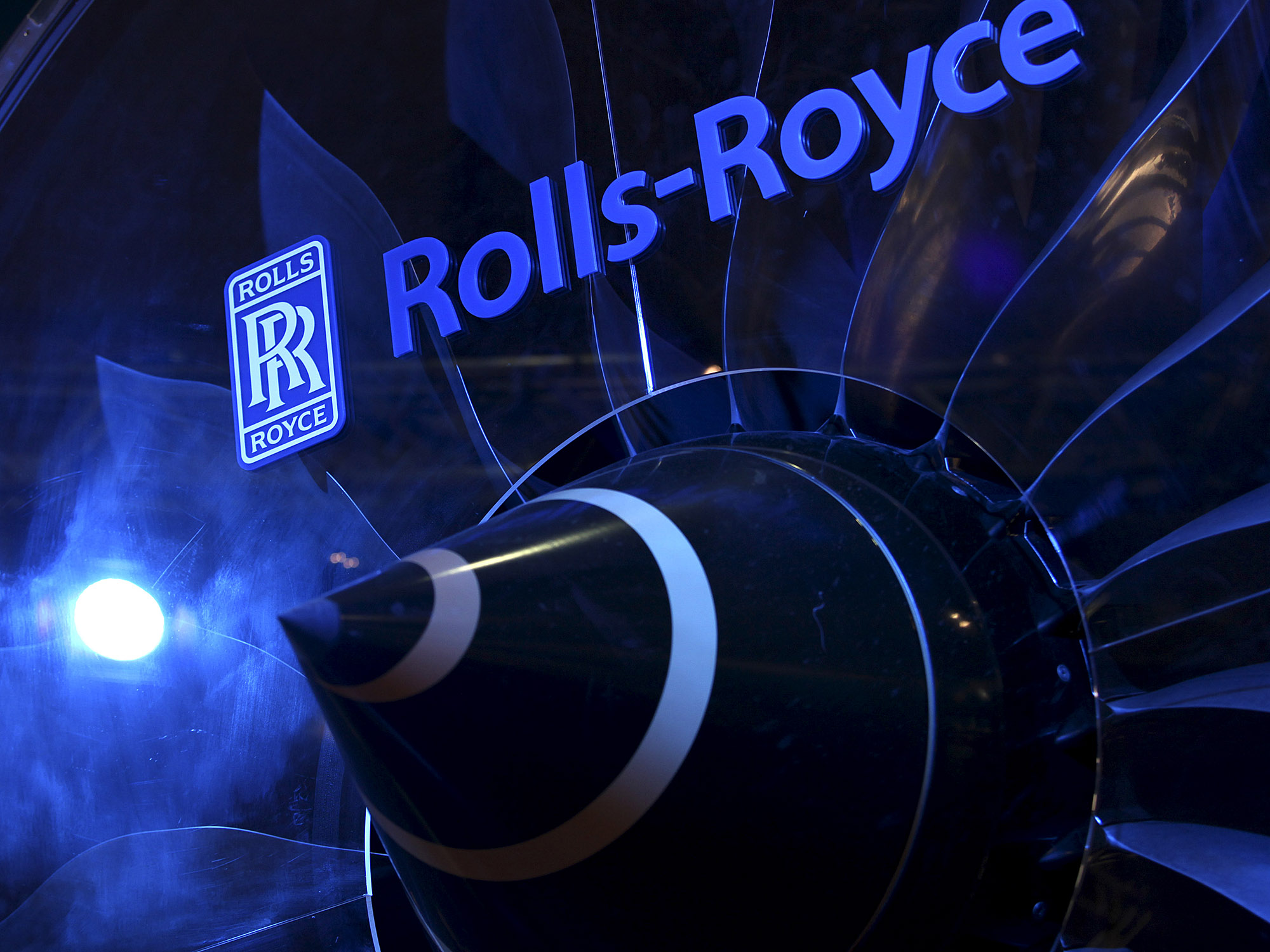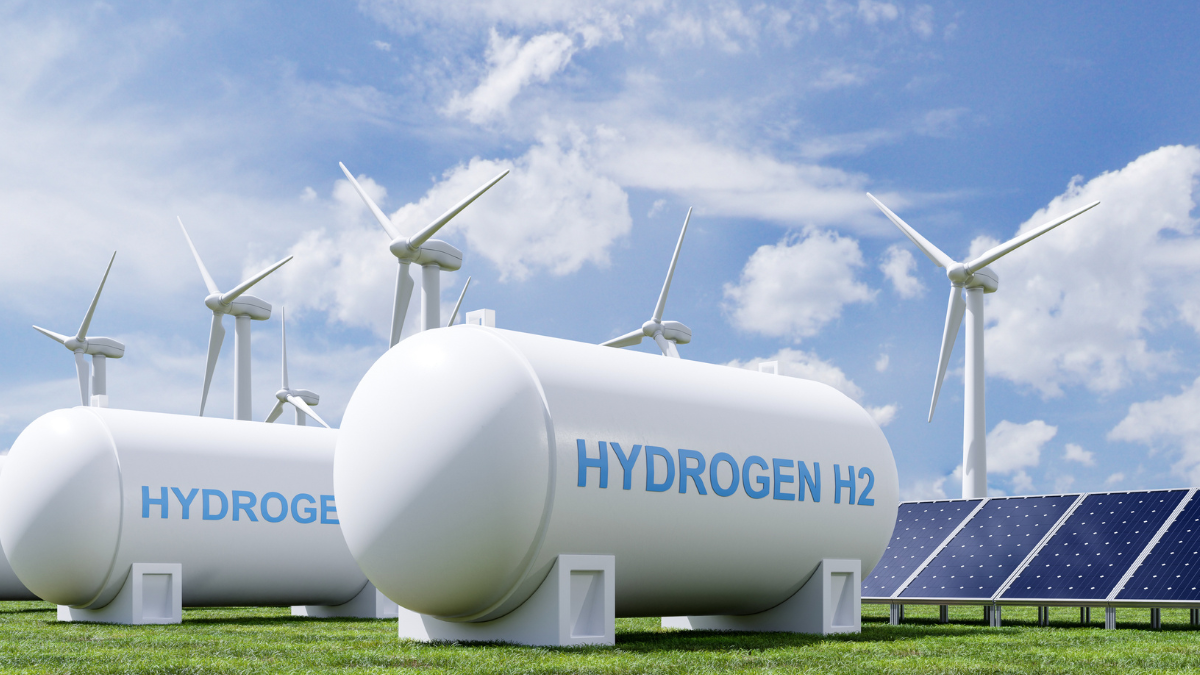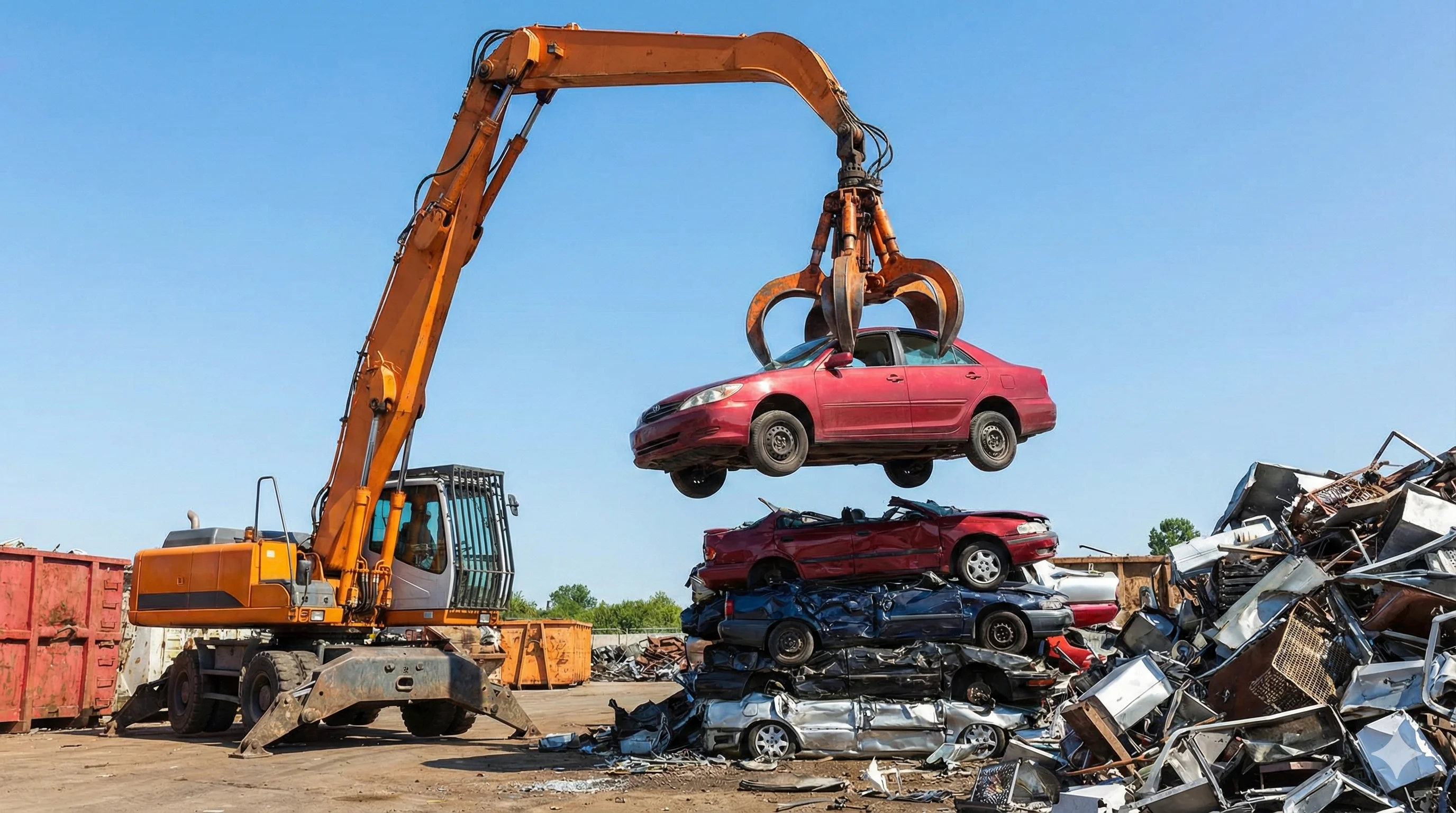
Table of Content
▼British engine manufacturer Rolls-Royce has announced that it has begun a new series of innovative hydrogen research experiments.
Rolls-Royce and partner easyJet are committed to being at the forefront of developing hydrogen combustion engine technology capable of powering a range of aircraft, including those in the narrow-body market segment from the mid-2030s.
The latest series of tests, testing cryogenic liquid hydrogen bomb systems in aerospace, has begun at Rolls-Royce's facility in Solihull, UK.
These will address a key engineering challenge of taking low-pressure liquid hydrogen, cooling it to below minus 250 degrees Celsius, and compressing it so that it can then be pumped into an engine for combustion.
Rolls-Royce has identified three technological challenges on the way to using hydrogen in aviation: fuel combustion, fuel delivery and integration of fuel systems with the engine. You must ensure that all components operate safely.

In September, Rolls-Royce set the world’s first test of a fully annular combustion chamber Pearl 700 engine at the German Aerospace Center in Cologne, running 100 percent hydrogen.
The Solihull tests now represent the beginning of understanding the fuel delivery component. Initial tests focused on cooling the bomb and understanding its behavior under cryogenic conditions. Further testing will resume early next year.
Simon Burr, Group Director of Engineering, Technology and Safety at Rolls-Royce, said: “We continue to make good progress on our hydrogen journey working alongside easyJet. Hydrogen is an opportunity that can be part of the world’s energy transition. Aviation and we are committed to fully understanding its potential”
Jane Ashton, chief sustainability officer at easyJet, said: “Hydrogen will be a key component in helping short-haul aviation decarbonize its operations, so we welcome the continued progress in the Rolls-Royce testing programme. We look forward to working with Rolls-Royce to develop these new technologies which has the potential to make a real difference in the aviation industry.”
Last year, easyJet and Rolls-Royce also set a world first by successfully powering a state-of-the-art aviation engine, the AE2100, on 100 percent green hydrogen at Boscombe Down in the UK.
The test program supports a long-term goal of Rolls-Royce and easyJet: to conduct a ground-based trial of hydrogen and gas in a Pearl engine.
This in turn would lead to a full ground test of the Pearl engine using liquid hydrogen. EasyJet and Rolls-Royce have a shared ambition to bring technology to aviation.
Bomb research tests receive financial support through the UK government's Aerospace Technology Institute, while the wider hydrogen testing program receives funding from easyJet.
Also Read: The BMW petrol engines upgraded to the BSVI standard; price hike of 6 percent expected by next year
Neha Mehlawat
Neha Mehlawat is an automotive journalist and industry analyst with 10+ years of experience covering cars, bikes, and mobility trends. She tracks the latest launches, technology upgrades, and policy changes in the auto sector, delivering sharp insights that help readers stay ahead in the fast-evolving world of automobiles.








